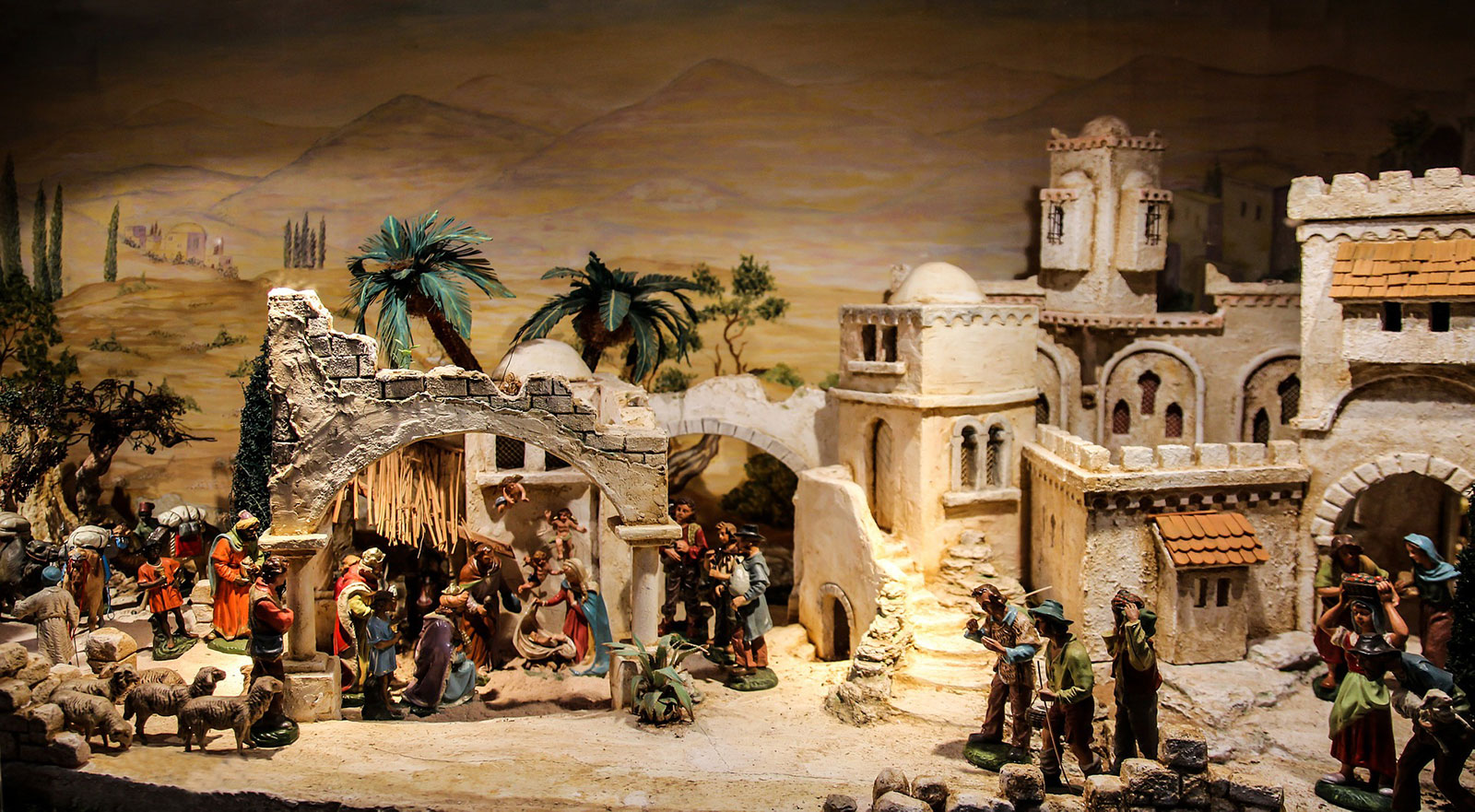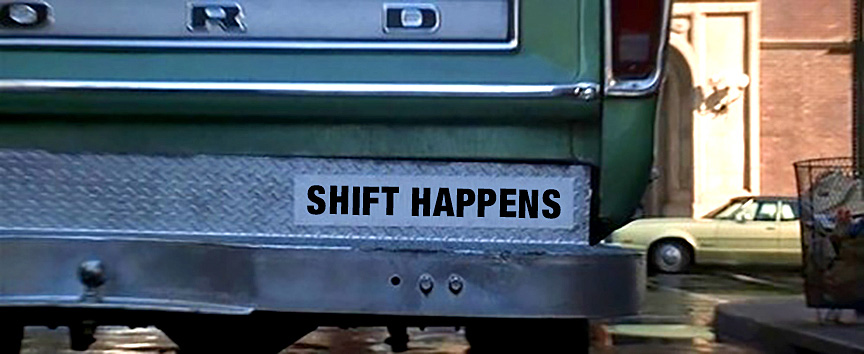Boundary Crossers
CrossOver reflection for Week Four • Beginning December 23, 2018
We Make the Road by Walking, Chapter 17
By Rev. Shalom Agtarap
A spiritual mentor gifted me the book, “Soul Sisters” by Edwina Gateley, poetry inspired by the surprising women who show up in scripture. This book is one of the few physical gifts from my ordination that continues to bless me in its probing invitation to experience God through the perspective of dear ones on the margins.
Both Brian McLaren and Edwina Gateley shine the spotlight on the surprising people who show up in Jesus’ genealogy. McLaren takes special note of the bold women, low-ranked shepherds, and the impoverished in Jesus’s story while the poetry from “Soul Sisters” highlights the messiness and even violence present in the lives of marginalized people.
“And so you carried
life for the world, Mary,
as you fled,
to protect that very life
from threats of death.
Joining the world’s mass of displaced people
you became
Refugee,
Alien,
Immigrant,
Homeless,
and settled in a foreign land–
the only place
to safely nurture
your fragile dream.
Like so many other women
who flee violence,
clutching their babies,
you crossed the border defining you
a stranger,
dependent on foreign aid, welfare
and hand-outs–
the charity of others–
to feed the Son of God.”
— Edwina Gateley
Who are the marginal people in our communities today? Who are those crossing boundaries that define them as stranger, “receiver of hand-outs” and “needy?” I try to imagine labels—“refugee,” “alien,” “immigrant,” “foreigner,”—and how they might feel when said about me. I let the uneasiness creep in and the discomfort fill me. On a deeper level, I am transported to personal experiences my family has endured as strangers in a new land. I notice the anger at how my parents were treated and if I stay with these emotions long enough, I also notice gratitude. I notice those who crossed boundaries with us.
It is in these moments where I steady myself in the promise of the One who accompanied my migrant family and continues to accompany landless masses, half a world away or right outside on my sidewalk. The hope present in Mary’s story is that she, and all who are “othered” with her—are called “highly favored one” by God.
Who else in your life and community are pushing through, fleeing violence, clutching their babies, “to feed the Son of God?” May we be bold like all the surprising people in Jesus’ life who, through daily acts of courage and deep faith in God, feed, clothe, and raise the incarnate of God in our midst.
Rev. Shalom Agtarap serves as Associate Director of Innovation for a New Church and as a member of the Greater Northwest Area’s Innovation Vitality Team.










